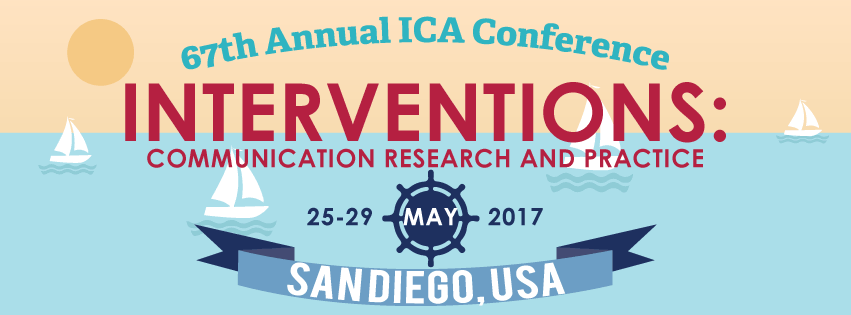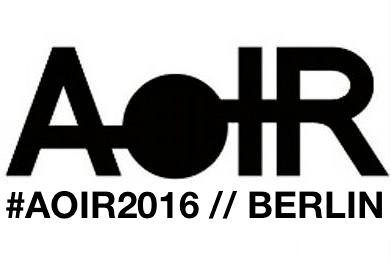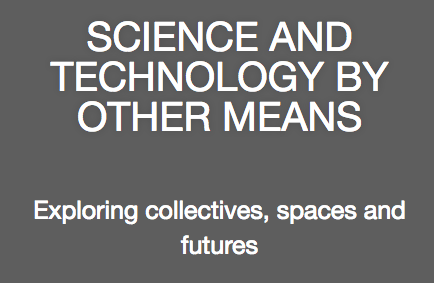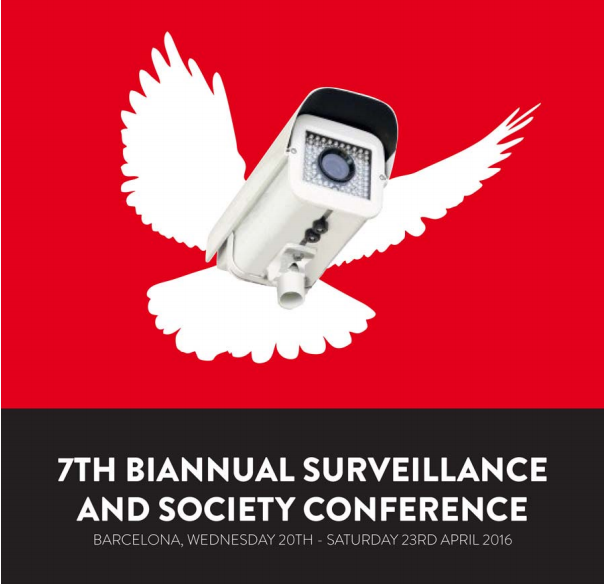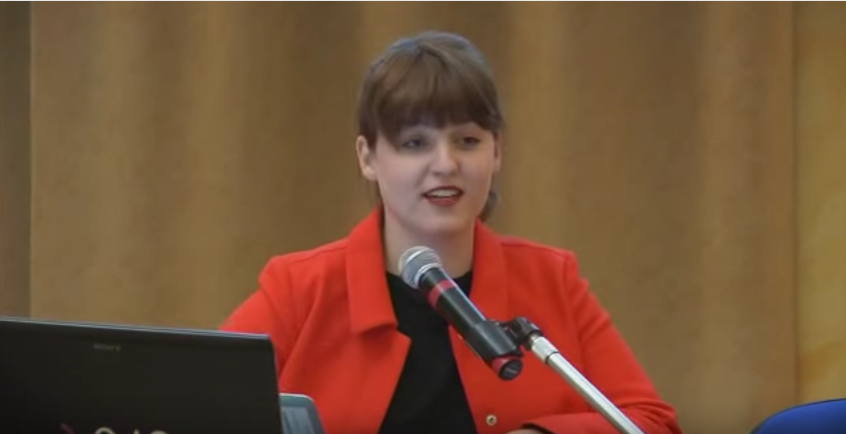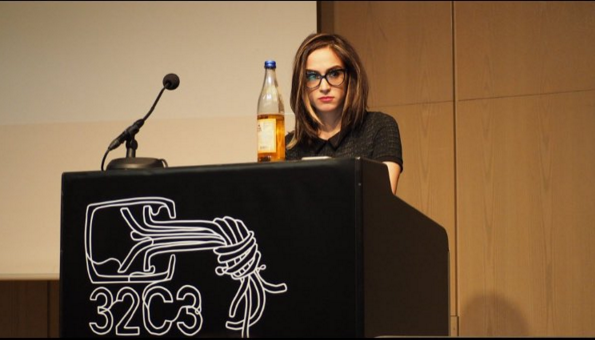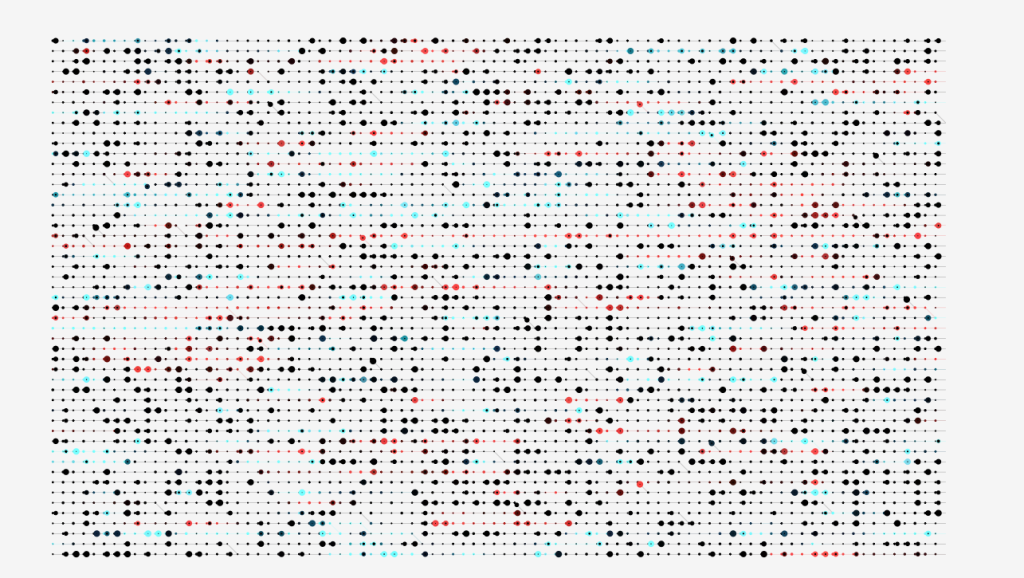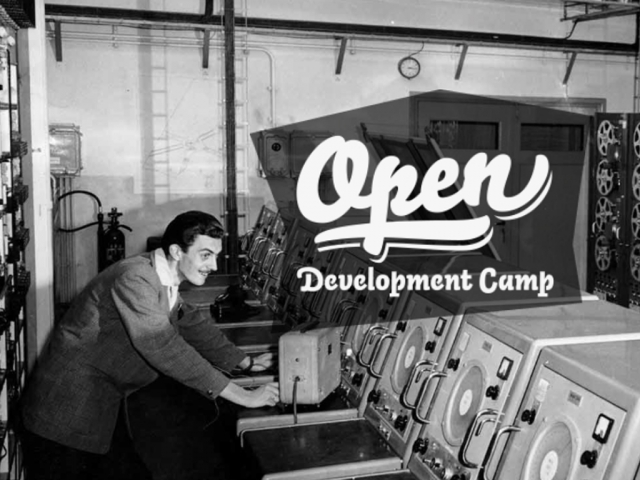Stefania couldn’t make it to ‘Data and the Future of Critical Social Research’, a pre-conference to the the 67th Annual Conference of the International Communication Association. Organized by Andreas Hepp and Nick Couldry, the pre-conference took place on May 25 in San Diego, CA. The organizers, however, allowed Stefania to be present in spirit and… video. This is the presentation prepared for the event; below the abstract.
Abstract: Redefining citizenship. For a socio-technical theory of agency in datafied societies by Stefania Milan
Datafication has brought about a fundamental paradigm shift in the contemporary socio-political order. Information has become the one constitutive force in society capable to shape social reality (Braman, 2009). On the one hand, the advent of ‘big data’ has altered our conditions of existence in society. On the other, the crisis that has infected liberal democracy at the turn of the century has been accelerated by the so-called ‘surveillance capitalism’, and democratic norms are challenged by the new expression of power enshrined in the global architecture of data extraction, commodification, and control (Zuboff, 2015). The state-industry surveillant complex, replacing governments as the primary holder of the monopoly over information and control, recursively engages in exercises of definition and activation of the ‘algorithmic citizenship’ (Cheney-Lippold, 2011). This distributed ‘algorithmic power’ has generative properties that leave little room for human agency (Lash, 2007). Linked databases, platforms and apps—the information architecture of datafication—are changing the definition of what constitutes public sphere and participation in the datafied society. Hence we ought to ask what constitutes democratic agency today. How is its nature changing? What practices create or jeopardize it? What makes collectivity nowadays? But also: Who are the drivers of the on-going process of redefinition of citizenship? What sort of spaces, mechanisms, and actors meet the growing demand for citizen participation? How does this redefinition of citizenship change institutions themselves?
This theoretical contribution addresses three notions, namely ‘data citizenship’, ‘data activism’ (Milan & van der Velden, 2016) and ‘data epistemology’. Taking data and datafication simultaneously as objects of contentions and elements of a novel politics of the quotidian, and exploring forms of resilience and mobilization as democratic processes, the presentation explores how contemporary engagement with grassroots and top-down data politics and practices alters the way people enact their democratic agency. While the lack of transparency and the threats to privacy negatively alter the trust relation between people and the ruling institutions, emerging data practices have the ability to carve out space for a new relationship, giving new meaning to the notion of democratic agency and forcing us to rethink the relationship between the state and its citizens. Data citizenship, data activism and data epistemology are offered as the building blocks of an emerging socio-technical theory of agency in the datafied society, needed to meet the ontological challenges datafication poses to established socio-political practices in Western democracies.
Cited works
Braman, S. (2009). Change of state: Information, policy, and power. MIT Press.
Cheney-Lippold, J. (2011). A New Algorithmic Identity Soft Biopolitics and the Modulation of Control. Theory, Culture & Society, 28(6), 164–181.
Lash, S. (2007). Power after hegemony: Cultural studies in mutation. Theory, Culture & Society, 24(3), 55–78.
Milan, S., & van der Velden, L. (2016). The alternative epistemologies of data activism. Digital Culture & Society, 2(2), 57–74.
Zuboff, S. (2015). Big Other: Surveillance Capitalism and the Prospects of an Information Civilization. Journal of Information Technology, 30(1), 75–89.
